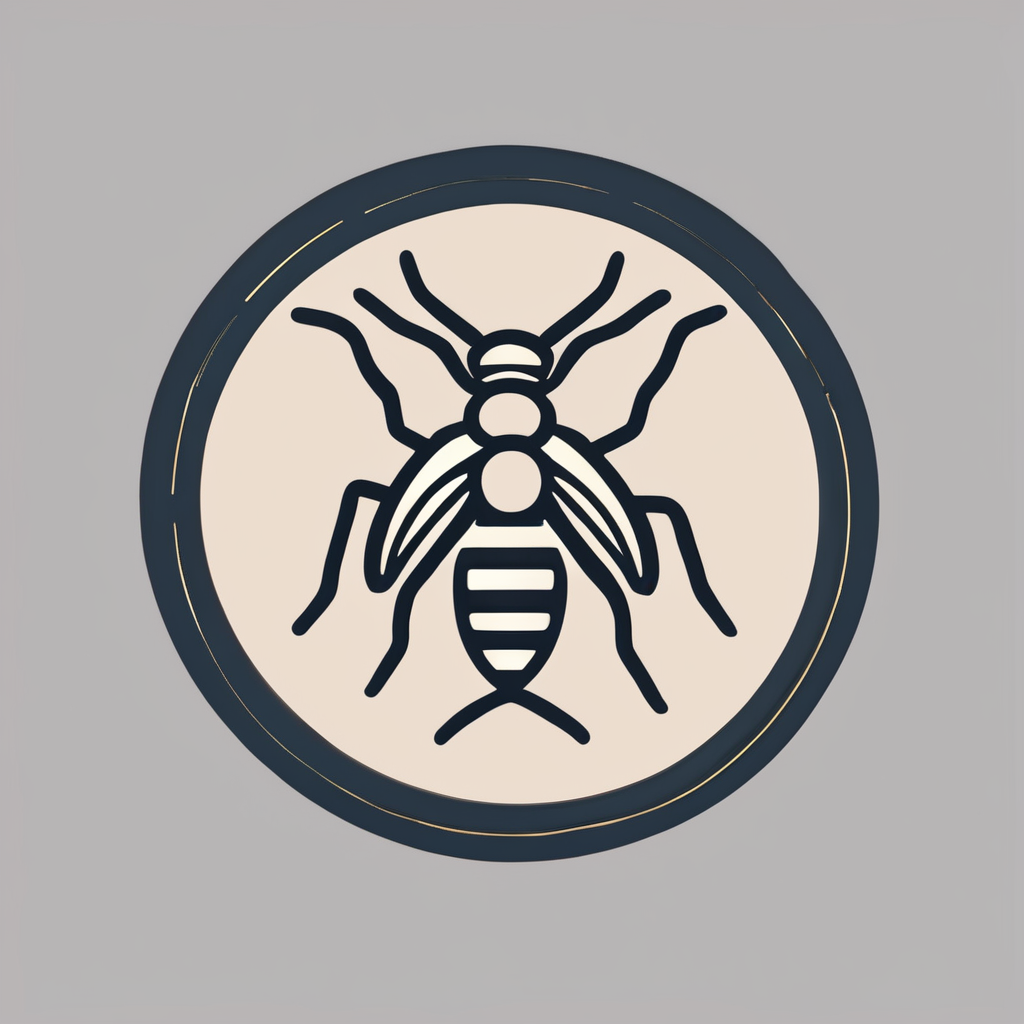Pre-Travel Preparation Strategies
Before embarking on a trip, particularly for business travel, pre-travel jet lag solutions play a crucial role in ensuring you’re energetically prepared. One core strategy involves adjusting your sleep schedule several days before departure. Gradually aligning your sleep-wake cycle with the destination time zone can significantly reduce jet lag symptoms, thereby improving your alertness upon arrival.
Equally important in your energy management is maintaining proper hydration and nutrition. Increasing water intake and consuming balanced meals rich in vitamins and minerals can bolster your body’s resilience during travel. Avoiding caffeine and alcohol before flying is advisable, as these can disrupt sleep patterns and contribute to dehydration.
Also read : Top Strategies for UK Diabetics: Mastering Blood Sugar Levels with Smart Dietary Choices
Additionally, investing in specific travel gear can enhance your sleep quality while in transit. Gear such as high-quality neck pillows and eye masks can provide comfort and aid in uninterrupted rest. Noise-canceling headphones are particularly effective in blocking out ambient noise, allowing for a more peaceful sleep environment.
By incorporating these focused preparation strategies, you can mitigate the common stresses of travel and maintain your energy levels, ensuring you arrive at your destination ready for business engagements.
Also to discover : Effective Strategies for UK Parents to Master Type 1 Diabetes Management in Children
In-Flight Tips to Combat Fatigue
Navigating a long flight can be exhausting, but implementing strategic in-flight solutions can significantly mitigate fatigue. Understanding when to sleep aboard is crucial. It’s best to align sleep time with the destination’s night schedule to smooth the transition across time zones, which aids in jet lag management. This strategy taps into your natural circadian rhythm, helping you arrive recharged.
Remaining hydrated is paramount during flights. Airplane cabins have low humidity levels, which can lead to dehydration, affecting energy levels and overall well-being. Regular water intake and avoiding caffeinated or alcoholic beverages ensure adequate hydration, which is vital for effective energy restoration.
Moreover, leveraging available airplane amenities can maximize comfort. Eye masks and neck pillows enhance sleep quality by creating a conducive rest environment. They serve to shield your eyes from cabin lights and support your neck, promoting uninterrupted sleep. This combination of techniques transforms the often uncomfortable flight experience into a more restful journey, allowing you to disembark refreshed and ready to handle subsequent tasks efficiently.
Post-Arrival Routines
Successfully managing jet lag remedies and embracing effective routine adjustments can help integrate swiftly into a new time zone. Firstly, engaging in physical activity right after arrival, like a brisk walk, can be a splendid technique to signal to your body that it’s time to be awake. This boosts circulation and releases endorphins, a natural fatigue-buster.
Incorporating light exposure plays a vital role in resetting your internal clock. Spend time outdoors during daylight to acclimatize faster and aid in post-travel recovery.
Food and drink choices are indispensable. Consuming a balanced meal, well-portioned with proteins and complex carbohydrates, helps regulate energy levels efficiently. Furthermore, opting for herbal teas can promote relaxation and combat travel-induced stress. Ginger or peppermint teas are particularly refreshing and soothing to the digestive system.
Hydration remains crucial. Despite being off the plane, continuing a regimen of adequate water intake prevents dehydration-related sluggishness.
Dedicated attention to these post-travel recovery methods ensures a smooth transition into new environments, enhancing capacity to face the demands of business travel. Adapting swiftly translates to maintaining productivity and well-being in unfamiliar surroundings.
Long-Term Lifestyle Adjustments for Frequent Travelers
Regularly engaging in sustainable travel practices is essential for frequent travelers seeking lasting wellness. A crucial aspect involves focusing on sleep hygiene. Maintaining a consistent sleep schedule even while on the go can prevent the disruption of your natural circadian rhythm. This means adhering to similar sleep and wake times as consistently as possible, regardless of your location.
Balancing professional obligations with personal time is vital. This helps in managing the demands of travel without succumbing to burnout. Incorporating lifestyle changes such as setting clear priorities and boundaries can foster a healthier work-life balance.
Delving into mindfulness and relaxation techniques enhances mental health resilience. Engaging in practices like meditation or yoga offers stress relief and improves overall focus. Such techniques are beneficial for maintaining calm amidst the bustling elements of constant travel.
In summary, reinforcing ongoing energy management through these methods ensures not only productivity but also sustains well-being. Implementing these strategies may feel challenging initially, yet, they contribute significantly to a more harmonious travel experience over time. This foresight allows frequent travelers to navigate their journeys with greater ease and vitality.
Expert Advice and Product Recommendations
Utilising expert tips for travel health can significantly enhance your travel experience, especially when it comes to battling jet lag. One valuable piece of advice is investing in carefully selected travel gadgets designed to improve sleep. Noise-canceling headphones and memory foam neck pillows are highly recommended by specialists to create a comfortable and quiet environment, conducive to rest and relaxation.
Additionally, sleep aids such as melatonin can be beneficial. Melatonin, a natural hormone, helps regulate circadian rhythm and can be effective in synchronising your internal clock with the local time zone, thus easing jet lag symptoms.
Nutritionists often advocate for travel-specific dietary supplements to maintain your health and energy levels. Supplements rich in magnesium and vitamin B complex are beneficial, notably while traveling across varied time zones. These essential nutrients support nerve function and energy production, ensuring you remain alert throughout your journey.
For those seeking more natural remedies, adding herbal teas like chamomile to your routine can aid relaxation. Travel experts emphasize their calming properties, which help unwind and promote better sleep, particularly during long-haul flights or upon late-night arrivals.
